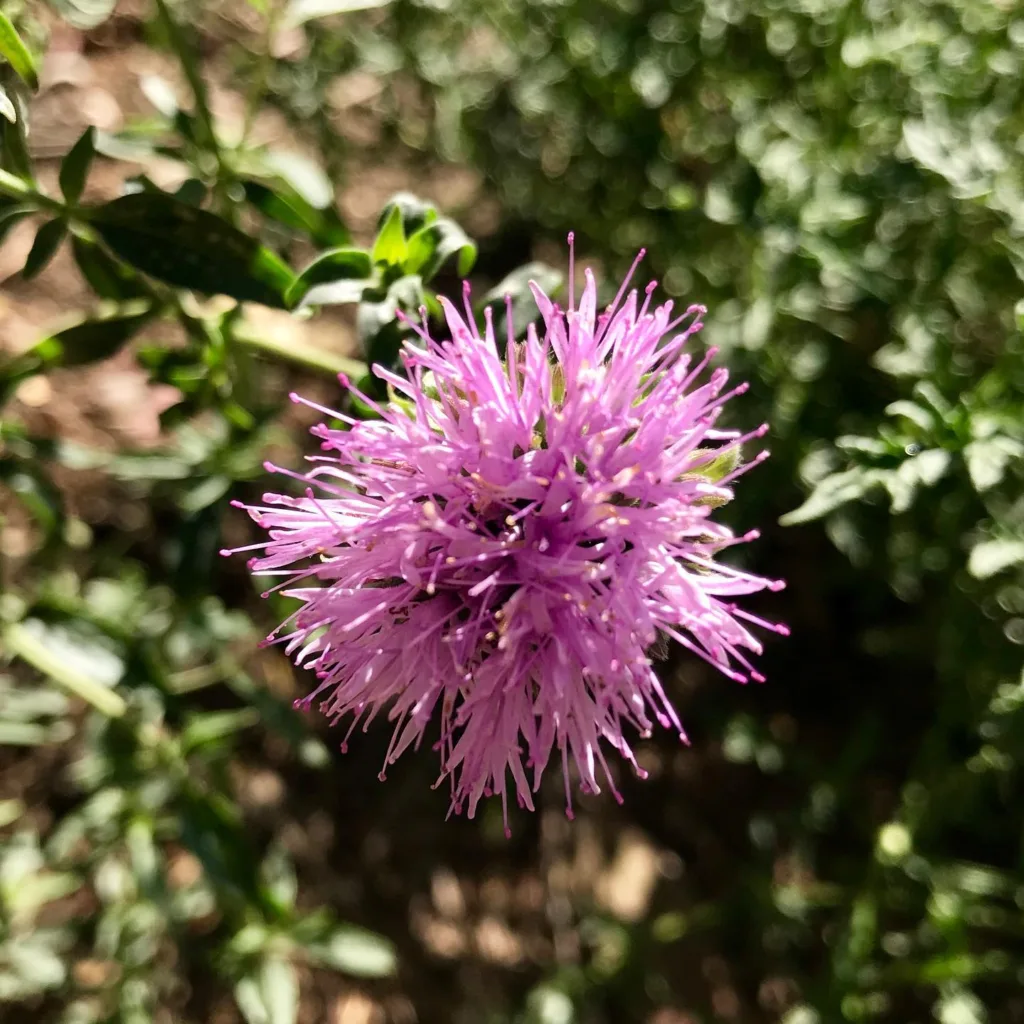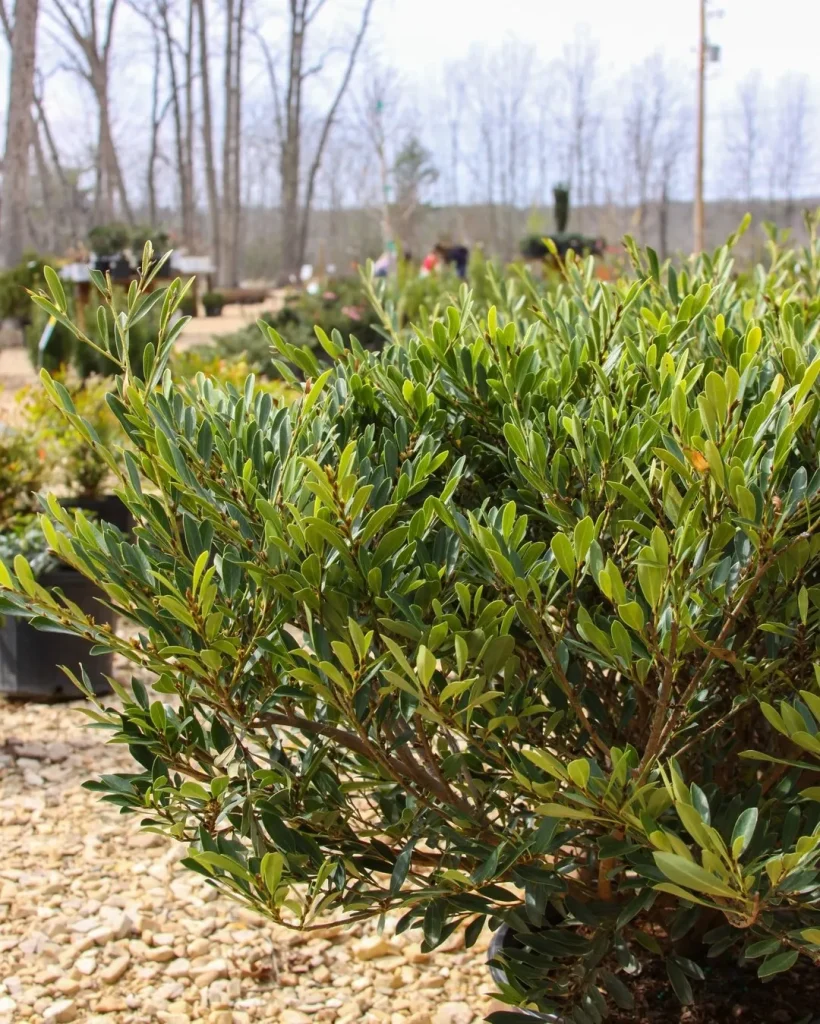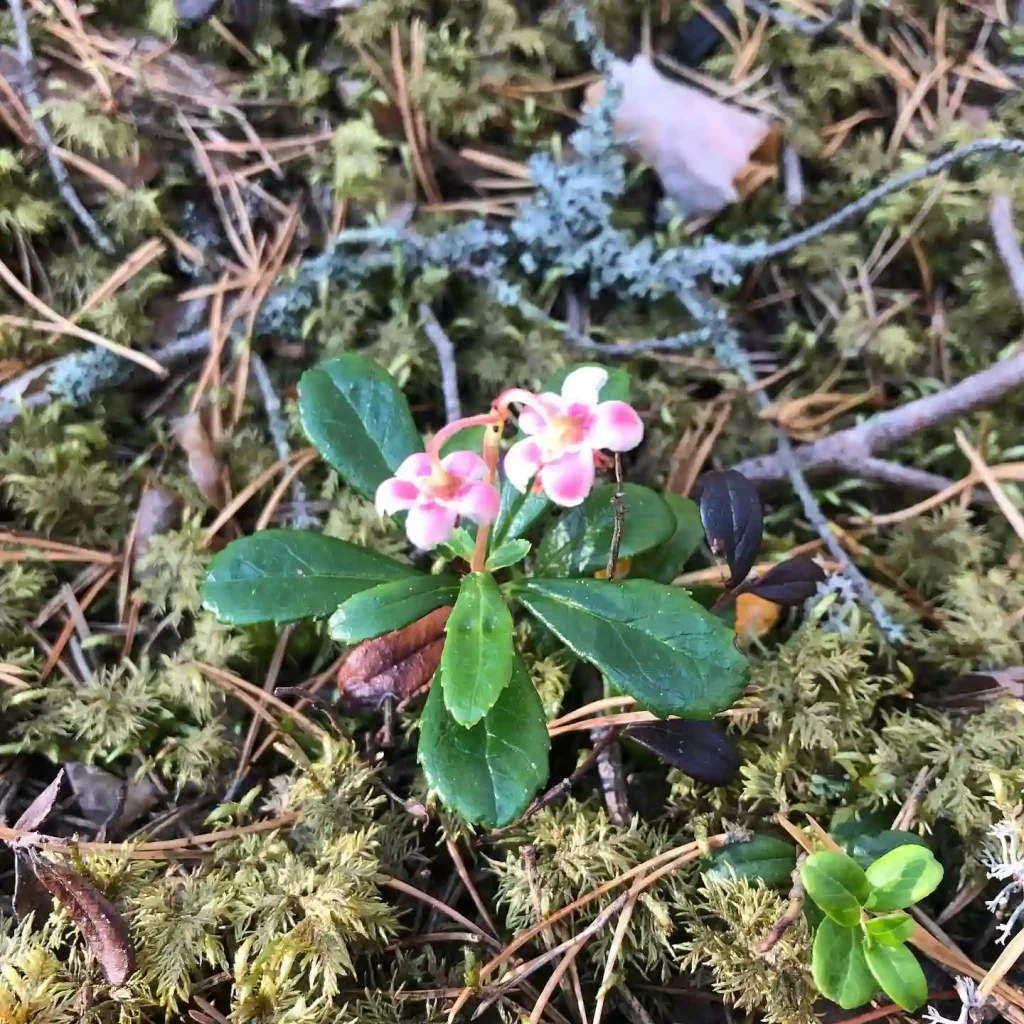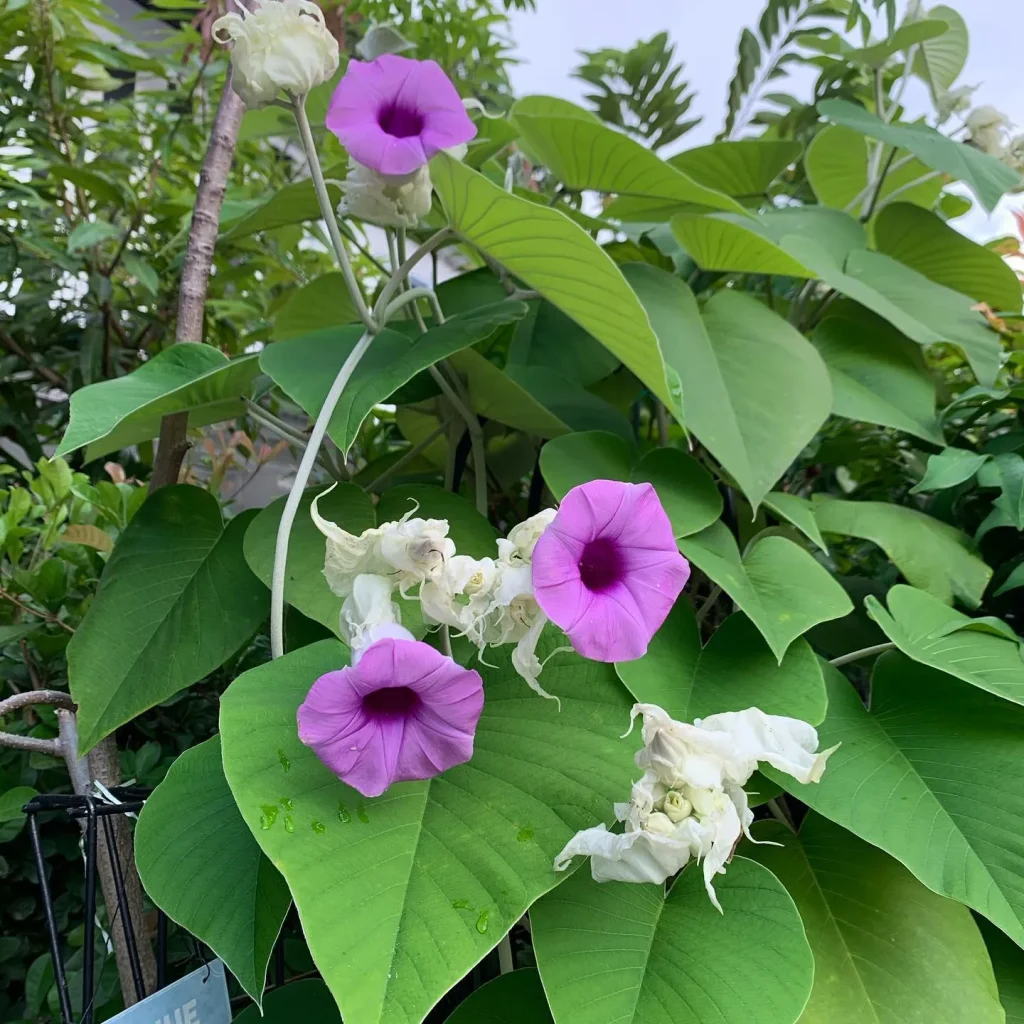
What is Berberis Aristata?
Berberis Aristata, commonly known as the Himalayan Barberry or Tree Turmeric, is a deciduous shrub native to the Himalayan region, including parts of India, Nepal, and Bhutan. This plant is distinguished by its small, spiky leaves and bright yellow flowers, which eventually give way to red berries. The shrub is often used in traditional medicine for its various health benefits, attributed largely to its active compound, berberine.
619 Species in Genus Berberis – Barberry
Is Berberis Aristata the Same as Berberine?
No, Berberis Aristata is not the same as berberine, but it contains berberine as one of its key compounds. Berberine is a bitter-tasting alkaloid found in several plants, including Berberis Aristata. While Berberis Aristata is the plant, berberine is a specific chemical within that plant known for its medicinal properties.
How Much Berberis Aristata Should Be Taken?
The dosage of Berberis Aristata can vary depending on the form in which it’s consumed—whether as a supplement, tea, or in another form. Generally, for supplements, doses of 500 mg to 1,000 mg per day are common, but it’s crucial to follow the specific recommendations on the product label or consult with a healthcare provider. As with any supplement, the correct dosage can depend on individual health needs and conditions.
What Use is There for Berberis Aristata?
Berberis Aristata is primarily used for its medicinal properties. In traditional medicine, it is valued for its potential to support digestive health, boost immunity, and manage various infections due to its antimicrobial and anti-inflammatory properties. It is also used to promote liver health and regulate blood sugar levels. The berberine compound in Berberis Aristata has been studied for its effects on metabolism and cardiovascular health.
Where Does Berberis Aristata Originate?
Berberis Aristata originates from the Himalayan region. It is found in countries such as India, Nepal, Bhutan, and parts of Pakistan. The plant thrives in temperate climates and is often found growing in forests and on hillsides in its native habitat.
Where to Buy Berberis Aristata?
Berberis Aristata can be purchased from various sources. For those interested in its medicinal benefits, it is often available as a supplement in health food stores, online retailers, and specialty herb shops. Ensure that you are buying from reputable sources to guarantee the quality and authenticity of the product.
Which Berberine Brands Contain Berberis Aristata?
Several supplement brands offer berberine products that include Berberis Aristata as a source of this compound. Popular brands that feature Berberis Aristata in their berberine supplements include Thorne Research, Nutricost, and Jarrow Formulas. Always check the product labels to confirm the inclusion of Berberis Aristata and its concentration.
Berberis Aristata vs Berberine
The key difference between Berberis Aristata and berberine lies in their definitions. Berberis Aristata is the plant that contains berberine, while berberine is the specific alkaloid within the plant. Berberine is used for its health benefits and can be derived from various plants, including Berberis Aristata. In contrast, Berberis Aristata refers to the whole plant, which provides a range of other compounds and benefits beyond berberine alone.
Berberis Aristata vs Berberis Vulgaris
Berberis Vulgaris, or European Barberry, is another species of barberry known for its medicinal uses. Both Berberis Aristata and Berberis Vulgaris contain berberine, but they differ in their specific compositions and traditional uses. Berberis Vulgaris is more commonly used in European herbal medicine, while Berberis Aristata is frequently used in the Himalayas. The choice between them may depend on the specific health benefits you’re seeking and their availability.
Berberis Aristata vs Berberis Aquifolium
Berberis Aquifolium, also known as Oregon Grape, is another barberry species used in herbal medicine. While it also contains berberine, Berberis Aristata is distinct in its native habitat and traditional uses. Berberis Aquifolium is more commonly used in North America, and its applications often focus on skin conditions and liver health, whereas Berberis Aristata is primarily used for its digestive and immune-supporting properties.
How to Care for Berberis Aristata?
Caring for Berberis Aristata involves providing it with well-drained soil and a sunny to partially shaded location. It is relatively low-maintenance and can tolerate a range of soil types. Regular watering is needed, especially during dry periods, but avoid waterlogging. Pruning is recommended to maintain its shape and remove any dead or diseased branches.
How to Propagate Berberis Aristata?
Berberis Aristata can be propagated through seeds or cuttings. For seeds, sow them in well-drained soil and keep them moist until germination. For cuttings, take semi-hardwood cuttings in late summer, treat them with rooting hormone, and plant them in a mix of sand and peat. Maintain humidity and warmth until roots develop.
What to Plant With Berberis Aristata?
Berberis Aristata pairs well with other shrubs and perennials that can complement its growth habits. Consider planting it with ornamental grasses, such as Fountain Grass, or flowering perennials like Echinacea for a varied garden. Its spiky leaves and bright berries can add interest to mixed borders or woodland gardens.
Can You Grow Berberis Aristata Indoors?
Berberis Aristata is generally best suited for outdoor gardens due to its size and light requirements. However, it can be grown indoors if you have a large enough space and provide it with adequate light. A sunny window or supplemental grow lights can help meet its needs.
Is Berberis Aristata Toxic?
Berberis Aristata is not considered highly toxic. However, consuming large quantities of its berries or supplements could lead to gastrointestinal upset or other adverse effects. As with any medicinal plant, it’s important to use it as directed and consult with a healthcare provider before starting any new supplement regimen.
Benefits of Berberis Aristata
The primary benefits of Berberis Aristata are its antimicrobial, anti-inflammatory, and antioxidant properties. It supports digestive health, boosts the immune system, and has potential benefits for managing blood sugar levels and promoting liver health.
Common Problems with Berberis Aristata
Common problems with Berberis Aristata include susceptibility to pests such as aphids and fungal diseases like powdery mildew. Ensuring proper spacing, good air circulation, and regular maintenance can help mitigate these issues.
In summary, Berberis Aristata is a versatile and beneficial plant with a range of uses and advantages. Whether you’re interested in its medicinal properties or looking to add it to your garden, understanding its differences from similar species and proper care requirements can help you make the most of this intriguing shrub.
If i die, water my plants!



